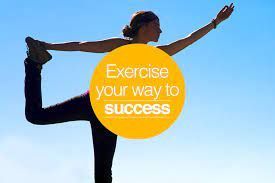In today's competitive business environment, maximizing work performance is a top priority. An often overlooked but critical factor in how you feel and perform at work is regular exercise. Exercise isn't just about physical health; it's an integral part of your professional success toolkit. Studies suggest that exercise can significantly boost work performance by enhancing concentration, improving memory, stimulating creativity, and reducing fatigue.
Have you ever wondered why, when you check on the day-to-day schedules of the most successful people in the world, exercise is a common theme, no matter how busy they are? Take Elon Musk, who is famous for working 100-hour weeks, yet still squeezes in a couple of workouts a week, or Barack Obama, who maintained a regular exercise routine throughout his eight years in the White House. "The main reason I do it is just to clear my head and relieve me of stress," Obama told Men's Health US. "Most of my workouts have to come before my day starts. Usually I get in about 45 minutes, six days a week. I'll lift [weights] one day, do cardio the next." Obama isn't the only former President who insisted on including exercise in his routine. Bill Clinton caused the secret service no end of trouble by running around Washington three times a week to help keep his head in the right place to run the country.
Another reason successful people keep fit is that exercise gives you more energy in the workplace. "Staying in shape is very important. Doing anything well requires energy, and you just have a lot more energy when you're fit," said Mark Zuckerberg in a Facebook Q&A session. "I make sure I work out at least three times a week - usually first thing when I wake up."
So what is it that means you can get energy by expending it? "It's the physical activity paradox. How can you expend energy, and end up with more, but that's what it [exercise] does," says Professor Jim McKenna, Professor of Physical Activity and Health at Leeds Beckett University. "If you're a bit frustrated or just feeling a little bit tired, it helps you to generate positive energy."
"I try to do something every day that allows me to feel active," Oprah Winfrey told O Magazine. "I just know that movement and flexibility, particularly the older you get, is what makes you feel alive. So I don't want to just be alive, I want to feel it."
One of the most important studies about exercise in the workplace didn't compare inactive people with active people, but instead looked at how productive people were on days they exercised compared with days they didn't. "You find there's about a 17 per cent difference to you on a day when you exercise versus you on a day when you don't," says McKenna. "It's about an hour's difference. The hour of exercise leads to you doing more in the seven hours while you're at work compared to working eight hours."
The Science Behind Exercise and Work Performance
Physical activity has a profound impact on our brain and cognitive functions, directly influencing our work performance. Exercise is much more than a tool for weight management; it holds the key to sharper mental function.
Research shows that regular physical activity increases the size of the hippocampus, a brain area involved in memory and learning. This growth enhances mental skills and concentration levels, crucial components for improved work performance. Exercise also stimulates the release of chemicals in the brain, such as endorphins and serotonin, that improve mood and sleep and reduce stress and anxiety.
Moreover, exercise boosts blood flow to the brain, delivering oxygen and nutrients that improve brain health and cognitive function. This increased blood flow also aids in the creation of new brain cells and connections, a process called neurogenesis, leading to improved cognitive abilities.
Whether it's a quick walk around the block, a yoga session, or a vigorous gym workout, incorporating physical activity into your daily routine can significantly enhance cognitive function and, consequently, work performance. The science is clear: to maximize productivity, stay active.
The Impact of Exercise on Mental Health and Stress Management
Exercise is not merely a physical activity; it's a powerful mind-enhancing tool. Studies reveal that regular physical activity can provide significant benefits for our mental health and work-related stress.
Boosting Mental Health Through Exercise
Regular exercise boosts your mood and decreases feelings of depression, anxiety, and stress. It increases the production of endorphins in your body, often termed as 'feel-good' hormones. Furthermore, engaging in physical activities promotes better sleep, which is crucial for mental health. It is recommended at least 150 minutes of moderate exercise is taken per week for optimal health benefits.
Exercise: A Potent Stress Buster at Work
Work-related stress is a common concern in today’s fast-paced world. However, exercise acts as a natural and effective stress reliever. Regular physical activity increases your overall health and your sense of well-being, giving you more energy and positivity to handle work stress better. It also helps improve concentration, enhances cognitive function, and aids in work performance.
Exercise and Team Building: A Pathway to Enhanced Work Performance
Exercise is not just beneficial for our physical health, but it also plays a crucial role in fostering team building and improving overall work performance. One study showed that engaging in group exercise activities can enhance coordination, collaboration, and communication among team members.
Group fitness activities such as yoga, spinning, or boot camp sessions require team members to work together, support each other, and push each other to their limits. This builds trust and camaraderie, essential elements of a successful team. This sense of unity often transfers to the workplace, leading to improved team dynamics and productivity.
Benefits of Exercise on Work Performance
Exercise releases endorphins, known as 'feel good' hormones, helping to boost mood and energy levels. This can result in increased productivity, creativity, and focus at work. Moreover, physical activity reduces stress levels, leading to better decision-making and problem-solving skills.
By integrating group exercise activities into the workplace, employers can build stronger, more cohesive teams and foster a healthier, more productive work environment.
How to Integrate Exercise into Your Daily Routine
- Exercise early in the morning before you get busy. Getting your exercise in before work makes you less likely to run out of time to fit it in later in the day. Even if you’re not much of a morning person, try to get at least two days of early exercise.
- Prioritize your workout session by scheduling it in your calendar. This way, you’re more likely to plan other things around it.
- Arrange to meet up with a friend or work colleague for exercise. It helps keep you accountable and makes skipping out on a planned workout harder.
- Pick an exercise that you genuinely enjoy. Don’t run if it’s swimming you really love. And if you have fun with team sports, choose something like soccer or basketball as opposed to a solo sport.
- Think about the travel time involved. You can start a walk or run from anywhere, but going to the gym will take extra time.
- If you’re in a time crunch, do a workout at home. This saves you the extra time needed to travel to a gym or studio.
Pre-Recorded On-Demand Class Bundles












